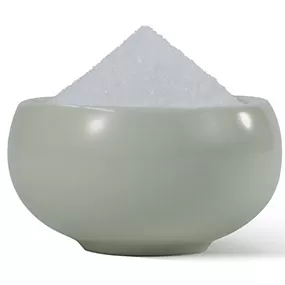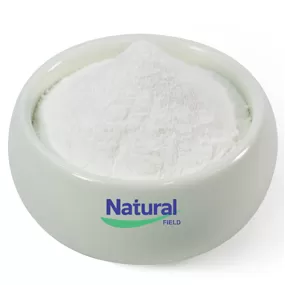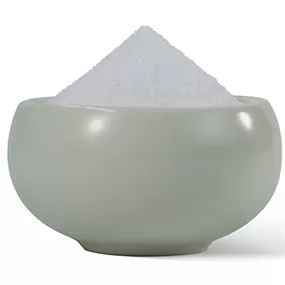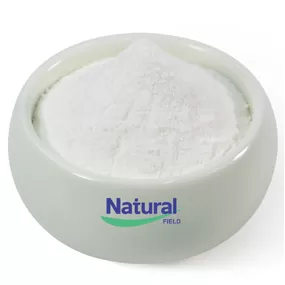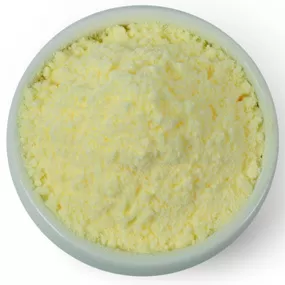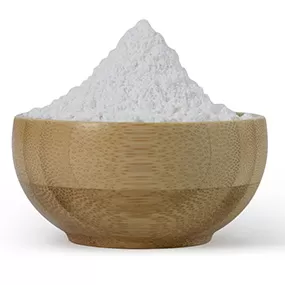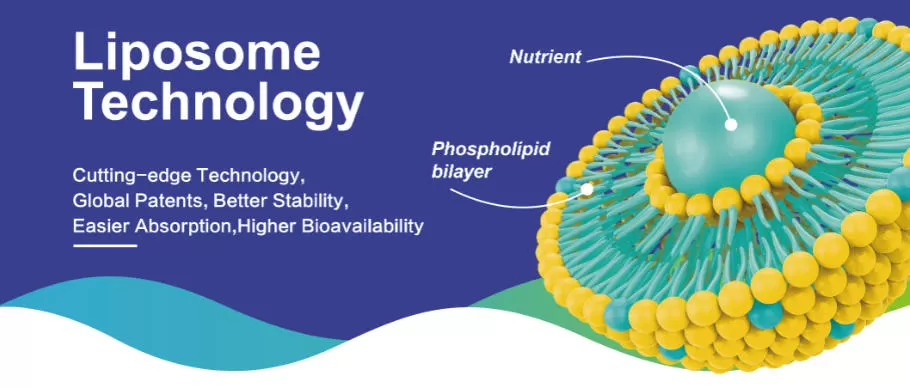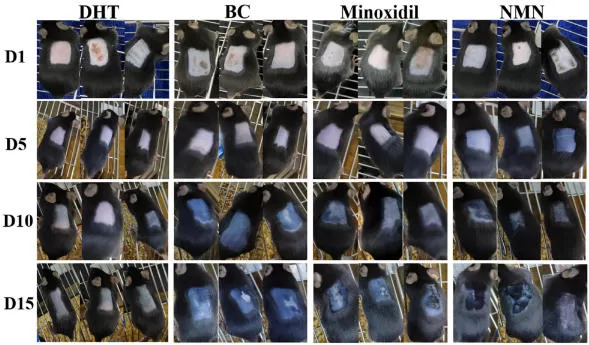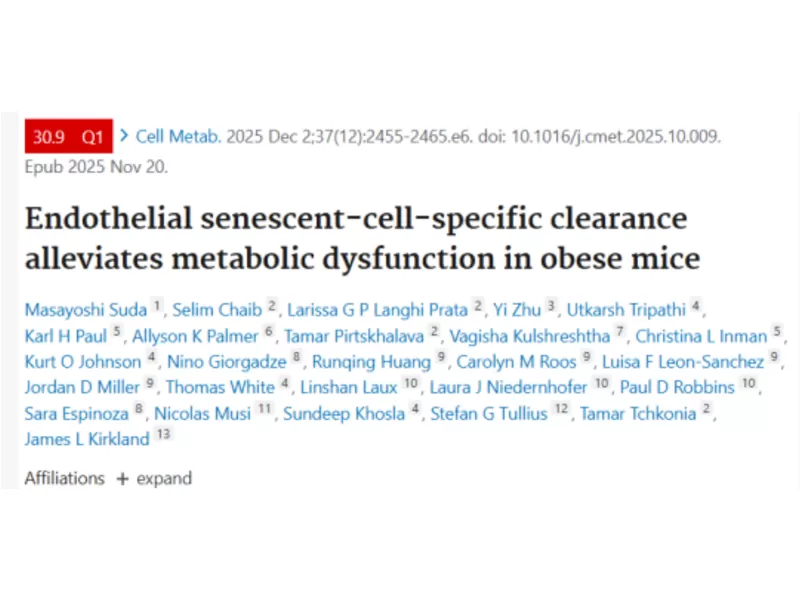What is Glutathione?
Glutathione (CAS 70-18-8) is a tripeptide formed by linking three amino acids: L-glutamic acid, glycine, and L-cysteine. It has a powerful antioxidant effect. Glutathione is widely present in animals, plants, and microorganisms and is one of the most important non-protein thiol compounds in organisms.
Natural Sources of Glutathione
GSH is mainly found in yeasts, animal liver, muscles, and blood in nature. There is a relatively high content of GSH in human red blood cells, about 70 mg/100 red blood cells. Additionally, many plants, such as vegetables, legumes, cereals, tubers, and mushrooms, also contain certain amounts of GSH.
Reduced Form of Glutathione: Why Glutathione (GSH) Matters?
Hopkins first discovered glutathione in 1921. The reduced (GSH) and oxidized (GSSG) forms are the two states in which glutathione exists in cells, and they can interconvert by glutathione reductase and NADPH. When referring to glutathione, people usually mean the reduced form (GSH), which mainly participates in intracellular redox reactions, acting as a coenzyme for certain enzymes.
Different Applications of Glutathione
Application of Glutathione in Supplements
Select High-Efficiency Supplement Forms: There are currently various forms of glutathione supplements available on the market. Some supplements use glutathione liposomes or esterified technologies, encapsulating glutathione molecules with phospholipids to make it easier to pass through cell membranes and resist gastric acid damage, enhancing glutathione's absorption rate.
Some glutathione supplements may also add other synergistic ingredients, such as vitamin C and selenium, which can work together to enhance glutathione's effect.
Topical Application of Glutathione on Skin
Inhibiting Melanin Production: Glutathione can inhibit tyrosinase activity through thiol chelation to copper sites and its antioxidant action, reducing pigment deposition and thus whitening the skin.
Promoting Collagen Synthesis: Glutathione can promote the synthesis of collagen in the skin, increasing skin elasticity and firmness, thus having an anti-aging effect.
Repairing Damaged Skin: Glutathione can promote the repair of damaged skin, reduce oxidative damage and inflammatory reactions, and improve skin quality.
Enhancing Skin Immunity: Glutathione can activate the immune system, enhancing skin resistance and reducing the occurrence of infections and inflammation.
Promoting Cell Metabolism: Glutathione can stimulate skin cell metabolism, accelerating the renewal of old cells, and maintaining skin vitality and elasticity.
Emerging Research and Therapeutic Uses
Treating Various Liver Diseases: Glutathione can increase the activity of antioxidant enzymes, promoting liver cell repair and regeneration, and also aiding in the detoxification of the liver, thus protecting it. It can reduce cell membrane damage and maintain the integrity and stability of liver cell membranes. Clinically, glutathione is an important component for liver protection. The "Chinese Guideline for the Diagnosis and Treatment of Drug-Induced Liver Injury (2023 Edition)" points out that for mild to moderate hepatocellular DILI (drug-induced liver injury) characterized by elevated ALT/AST, glutathione is one of the recommended treatments. Additionally, studies have shown that combining conventional treatments with glutathione for viral hepatitis patients can effectively increase the overall treatment effectiveness. Furthermore, glutathione can be used for alcoholic liver disease to accelerate the excretion of free radicals and reduce liver cell damage.
Natural Field is one of the professional glutathione powder suppliers dedicated to providing high-quality raw materials, including liposomal glutathione powder. The company has advanced production technology and a strict quality control system. Their products are widely used in dietary supplements, beauty and skincare, and functional foods, trusted by global customers.
Natural Field Antioxidant Ingredients Recommendation:
Wholesale Coenzyme Q10
Deazaflavin Powder
Bulk Pure Resveratrol Powder
Fisetin Powder Bulk
PQQ Powder Bulk
 EN
EN
 es
es  jp
jp  ko
ko  fr
fr  de
de  it
it  ru
ru  pt
pt  th
th  ar
ar  ms
ms 


